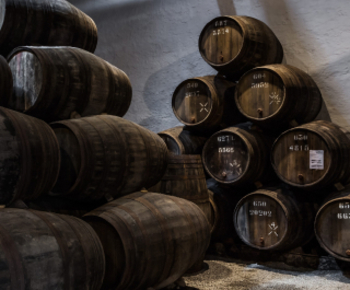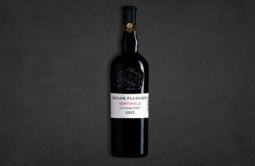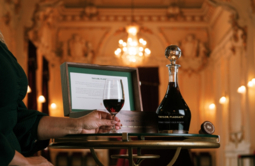Sustainable Viticulture - Wine Production
Taylor Fladgate's commitment to sustainability is reflected in its vineyard model integrating a series of techniques and strategies and creating a balanced, diverse and sustainable environment in the vineyards and in their ecosystem, while guaranteeing the quality of the Port wine produced by the vines.
The sustainable viticulture model is based on the following principles:
• Construction of narrow sloping terraces to minimize soil erosion and create an attractive landscape
• Natural plant growth is allowed to occur on the earth banks
• Careful selection of grape varieties, ensuring that each variety is optimally located and therefore able to thrive naturally
• Ensure perfectly ripened grapes
• No irrigation
The structure of the terracing protects against soil erosion caused by torrential rain, as well as its longevity, which should go beyond the lifetime of the vines. To this end, Taylor Fladgate has created its own vineyard models (such as the “2nd generation of post-phylloxera terrace”) and developed another known as the “Narrow Terrace” model. The Narrow Terrace model is characterized by its innovative construction of terraces, separated by earth banks, engineered using earth-moving equipment in which the operator is guided by a laser orientation system allowing the terraces to be inclined at precisely 3º to the horizontal, allowing the correct balance between rainwater penetration and run-off.
In addition to benefits in terms of the architecture of the land, there is also a clear advantage in the coexistence of natural weed growth and vines. Annual natural weed growth protects the soil from erosion in the autumn and spring months, disappearing in the months when it competes with the vines. The natural dynamics of the weed growth are a clear benefit of nature in favour of the development of the vine.
The vines are maintained using chemical and mechanical methods but no residual herbicides are used. A reduction of 68% in the use of herbicide has been achieved in the narrower terraces and also in the older traditional terraces.
The selection and distribution of the different grape varieties in the vineyard is carried out according to the importance of the variety and type of topography (e.g. elevation, aspect). In a region where irrigation is not permitted and topsoil depth is shallow, the approach taken has been to increase density of planting, thereby increasing the number of vines per hectare but reducing yields. Olive trees are planted along the edges of the vineyards in the Mediterranean style, adding both biodiversity and aesthetic value. Olive oil is produced from the olives.
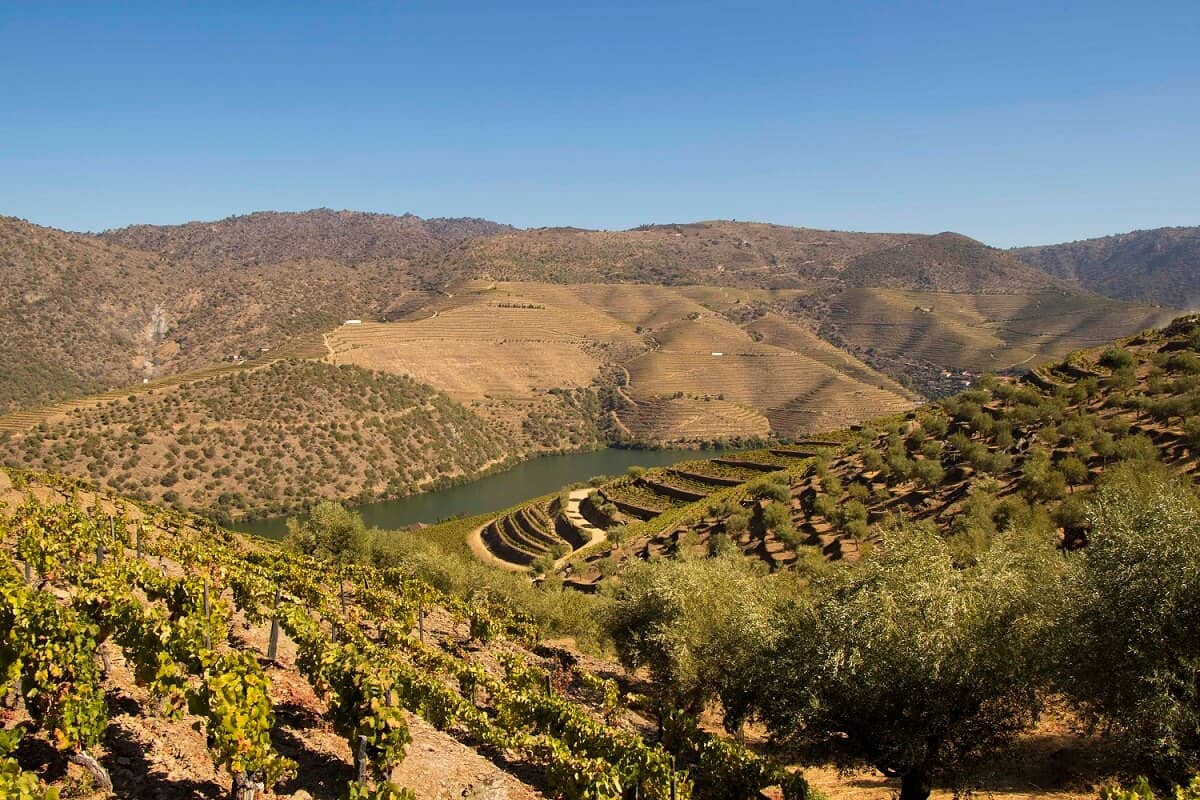
Since 2000, Taylor Fladgate has pursued an ongoing programme of educating the professional grape farmers on how to tackle pests and diseases, as well as sharing all innovations developed by the viticultural team. This close relationship is fundamental to the sustainability of the vineyard.
As a result of this outstanding contribution to sustainability in the wine sector, Taylor Fladgate received the prestigious BES Biodiversity Award in 2009 in recognition of the work done on its new model for viticulture on the narrow terracing.
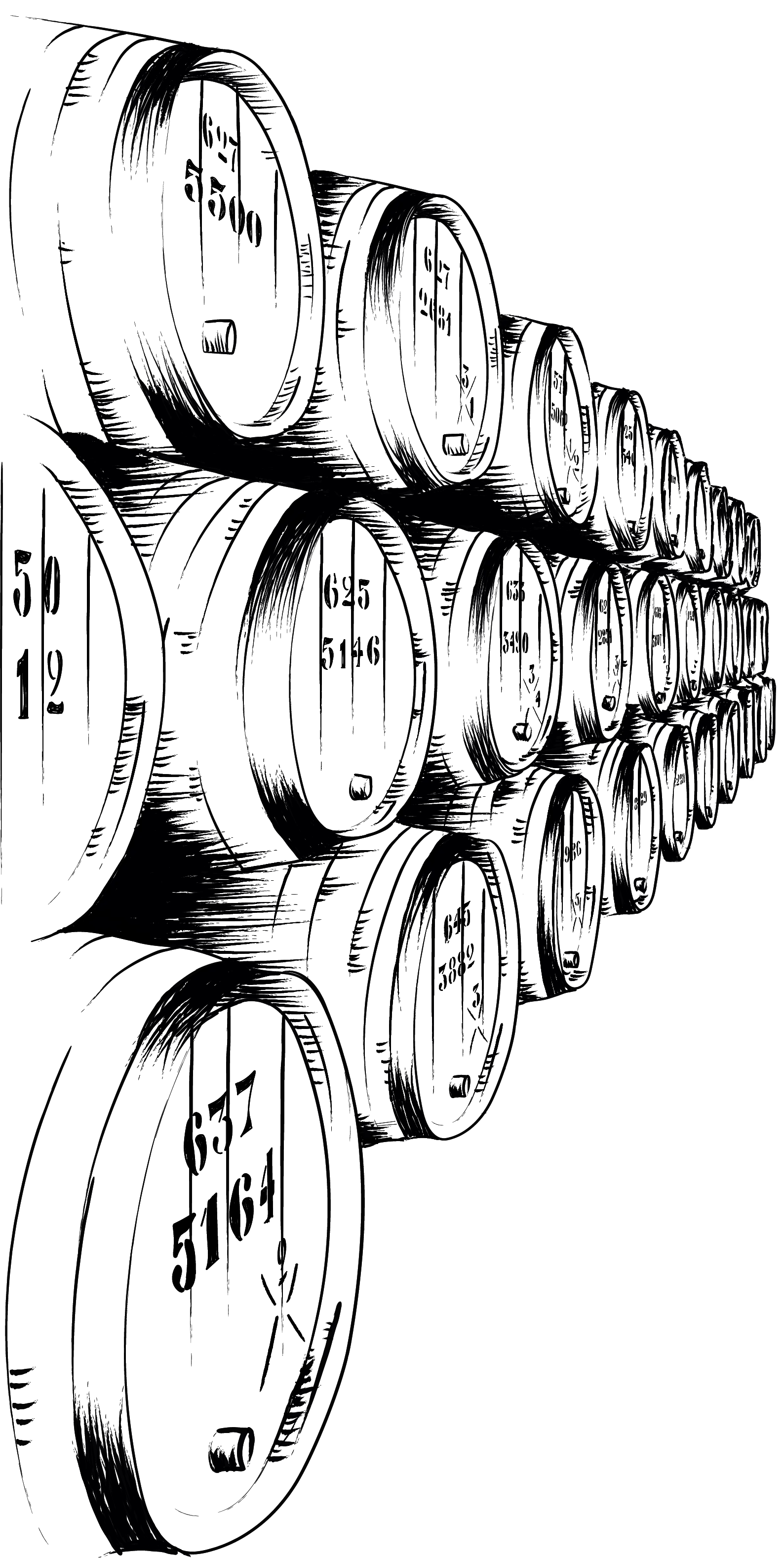

discover more


